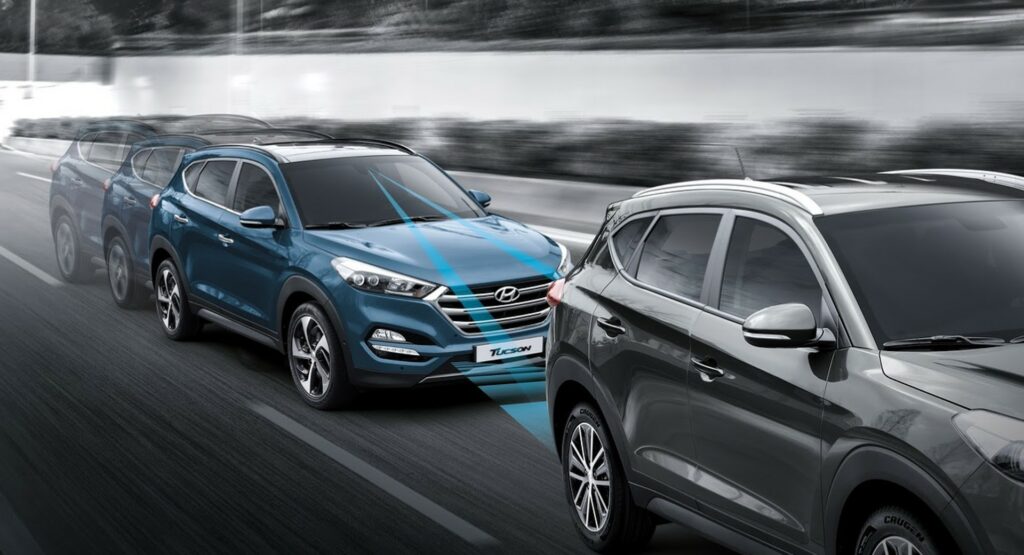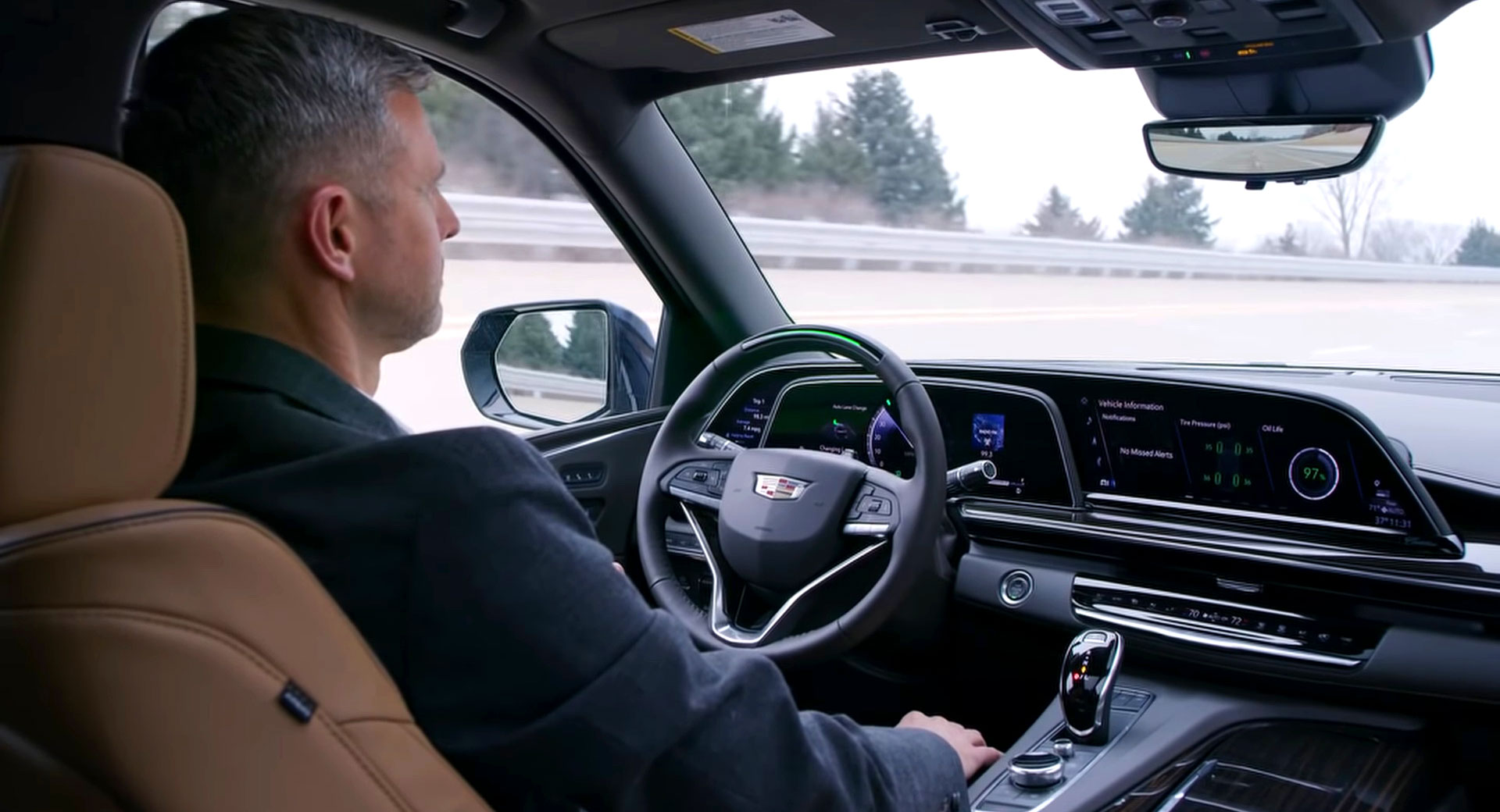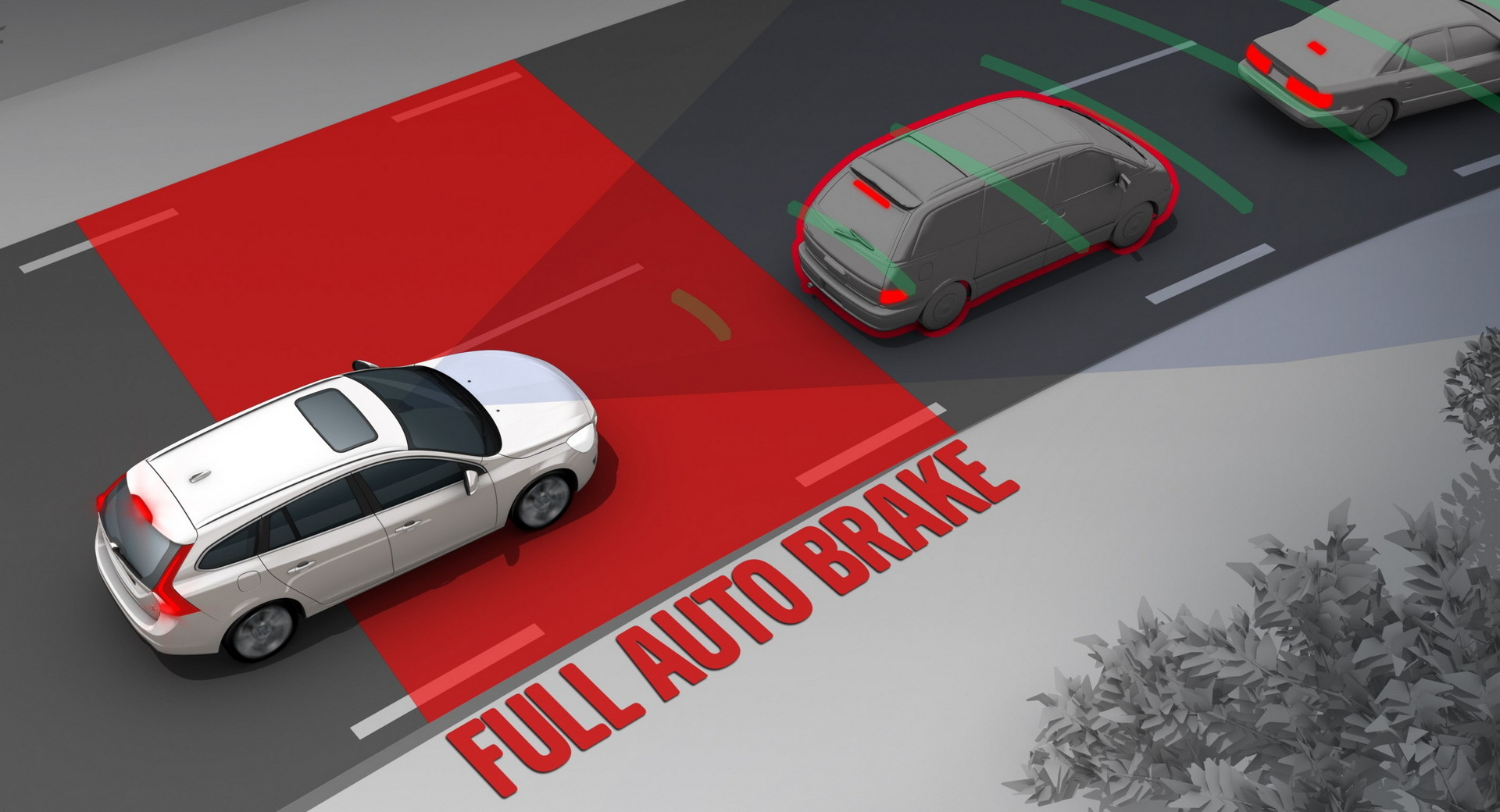Consumer Groups Want Automakers To Use Uniform Names For Driver Assistance Systems

As technology continues to advance, advanced driver assistance systems (ADAS) have kept pace with high-tech features. In an effort to differentiate themselves from others, many manufacturers have crafted fancy names for their individual systems and that has caused some confusion. Now, a group of consumer advocates is calling for standardization across the industry.
First announced by Consumer Reports, it joins along with AAA, J.D. Power, the National Safety Council, PAVE, and SAE International in calling for the change. Take a quick spin around different automotive manufacturers’ websites and it’s fairly easy to spot the issue. As the coalition points out, “the terminology used by automakers to describe ADAS features varies widely, which can confuse consumers and make it difficult to understand the vehicle’s functions.”
They go on to say that some of the marketing language associated with these technologies overstates or misrepresents the features themselves. So not only does it seem like consumers are having a tough time figuring out what features a particular vehicle might have, but they’re also struggling to fully understand just how capable those features really are.
Read More: Feds Likely To Find Tesla’s Autopilot Causes More Crashes Than Other ADAS Systems
The features that the coalition wants to see standardized terms for are collision warning, collision intervention, driving control assistance, parking assistance, driver monitoring, and other driver assistance systems. Those six segments cover just about every type of ADAS. If automakers agreed to adjust it would remove any confusion about what the differences between brands actually are.
For example, Subaru, Cadillac, and Toyota all employ some sort of automatic emergency braking in their vehicles but they each call it something different, and it behaves differently too. That’s to say nothing of the various other systems like lane-keep assist, adaptive cruise control, or active parking assistance – or, worse, things like Tesla’s Autopilot and Full Self-Driving.
The Auto World


Comments
Post a Comment